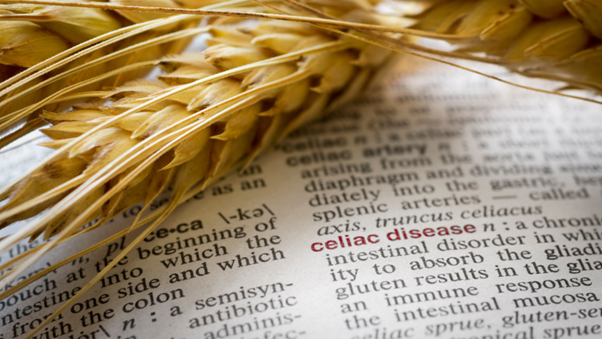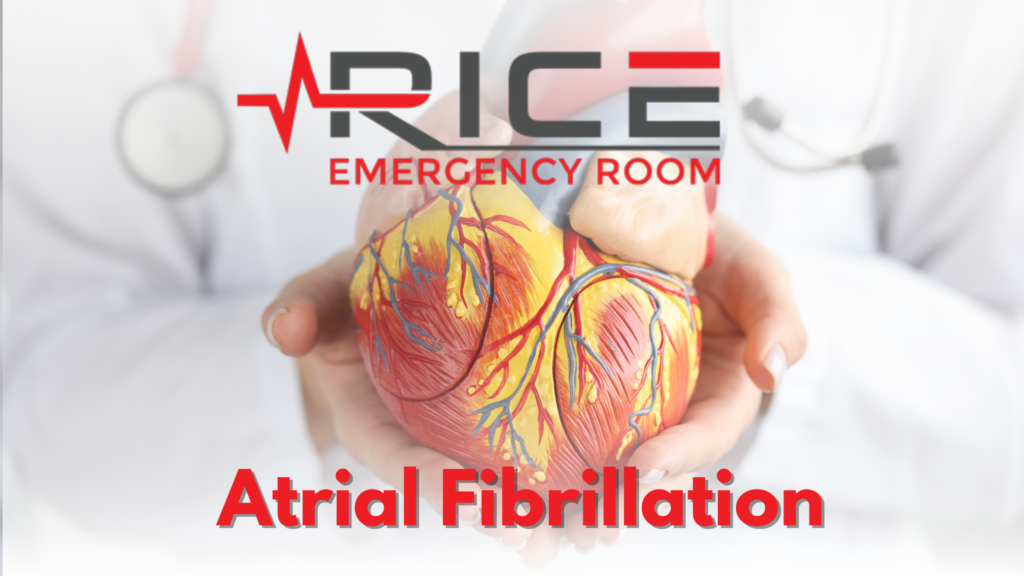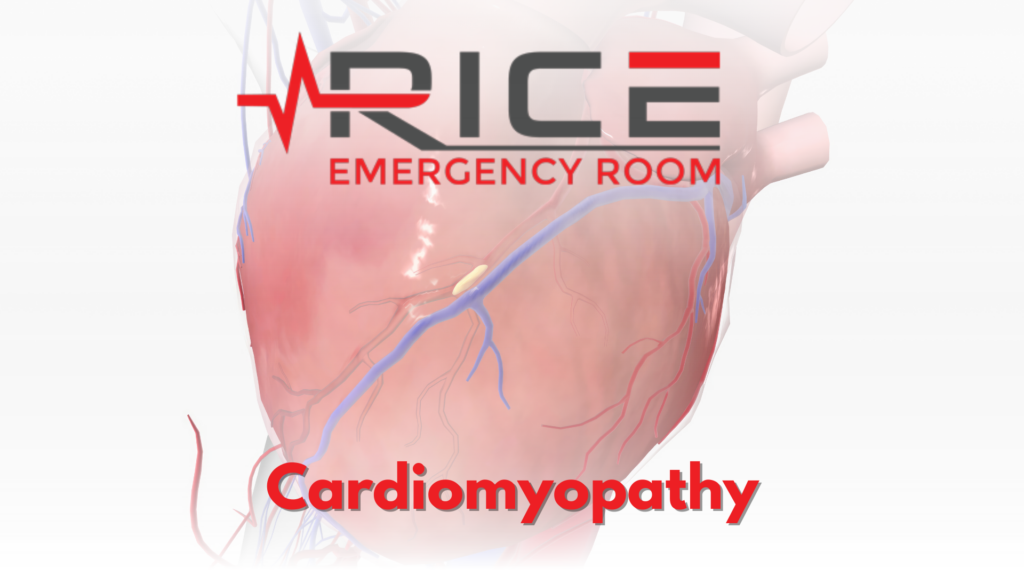
Celiac Disease is a serious health concern that affects many individuals but is ofte,n misunderstood or overlooked. You may have heard of it or know someone who suffers from this autoimmune disorder, but what exactly is Celiac Disease, and how can it be managed? In this blog post, we’ll discuss celiac disease, its symptoms and causes to help those at risk.
What is Celiac Disease?
When a person with a genetic predisposition consumes gluten, it can cause a significant autoimmune illness called Celiac Disease, which damages the small intestine. One in every 100 persons is thought to be affected, although only around 30% receive an accurate diagnosis.
Gluten is a protein in wheat, rye, and barley that causes patients with Celiac Disease to develop an immune reaction that assaults their small intestines. The little fingerlike projections called villi that border the small intestine and aid in nutrition absorption are damaged due to these assaults.
Celiac Disease is can be inherited, as it runs in families. A first-degree family (parent, child, or sibling) with Celiac Disease has a one in ten chance of getting it themselves. Celiac Disease can happen at any age. You can experience the onset of celiac disease as soon as you begin ingesting gluten. (Celiac Disease)
Symptoms of Celiac Disease
The symptoms that might appear if you have Celiac Disease as an adult and unintentionally consume anything that contains gluten are anemia, abdominal pain, having a bloated or full sensation, joint or bone ache, constipation, diarrhea, gas, heartburn, itchy rash with blisters (doctors call this dermatitis herpetiformis), weariness or headaches, oral sores, nausea, nervous system damage, such as tingling or numbness in the hands or feet, balance issues, or altered awareness, feces that is pale and has a strong odor, or floats (steatorrhea), and loss of weight. Moreover, bone density loss and a reduction in spleen function can result from celiac disease (hyposplenism).
The issues more prevalent in children are belly bloating or swelling, constipation, diarrhea, pale, rotten-smelling feces, stomach pain or vomiting, and weight loss. Among the issues that a child may have if celiac disease prevents their body from getting the nutrients they require are anemia, worn-down tooth enamel, postponed puberty, babies’ failure to thrive, irritability or mood swings, neurological issues including attention deficit hyperactivity disorder and learning impairments (ADHD), short height and slow development. The symptoms of Celiac Disease are not always present. It might be challenging to diagnose certain people since they may not detect any issues. (WebMD)
Causes of Celiac Disease
Celiac Disease may be caused by your genes, consuming gluten-containing foods, and other things, but the exact reason is unknown. Moreover, infant feeding patterns, gastrointestinal diseases, and gut flora may be involved. After an operation, a pregnancy, delivery, viral illness, or a period of intense mental stress, Celiac Disease can occasionally become active.
The fine, hair-like projections (villi) that line the small intestine are harmed when the body’s immune system overreacts to gluten in the diet. Vitamins, minerals, and other nutrients are absorbed by villi from the food you ingest. No matter how much you eat, you can’t obtain enough nutrients if your villi are destroyed. However, some people can be more susceptible to Celiac Disease if they have a family member with Celiac Disease, autoimmune thyroid disease, Down syndrome, Turner’s syndrome, microscopic colitis, Addison’s disease, or Type 1 diabetes. (Mayo Clinic)
It is essential to get tested for Celiac Disease since it can lead to serious health problems over time if left untreated. If a diagnosis of Celiac Disease is made, following a gluten-free diet will help to ease symptoms and prevent long-term health complications. Celiac Disease can develop at any time of life, from infancy to adulthood. If you’re experiencing any symptoms, consult with your doctor and find out if you should follow a gluten free diet.
Works Cited
“What Is Celiac Disease?” Celiac Disease Foundation, celiac.org/about-celiac-disease/what-is-celiac-disease/.
“Celiac Disease: Symptoms, Causes, Diagnosis, Treatment, Risk Factors.” WebMD, WebMD, www.webmd.com/digestive-disorders/celiac-disease/celiac-disease.
“Celiac Disease.” Mayo Clinic, Mayo Foundation for Medical Education and Research, 10 Aug. 2021, www.mayoclinic.org/diseases-conditions/celiac-disease/symptoms-causes/syc-20352220#:~:text=Celiac%20disease%2C%20sometimes%20called%20celiac,response%20in%20your%20small%20intestine



